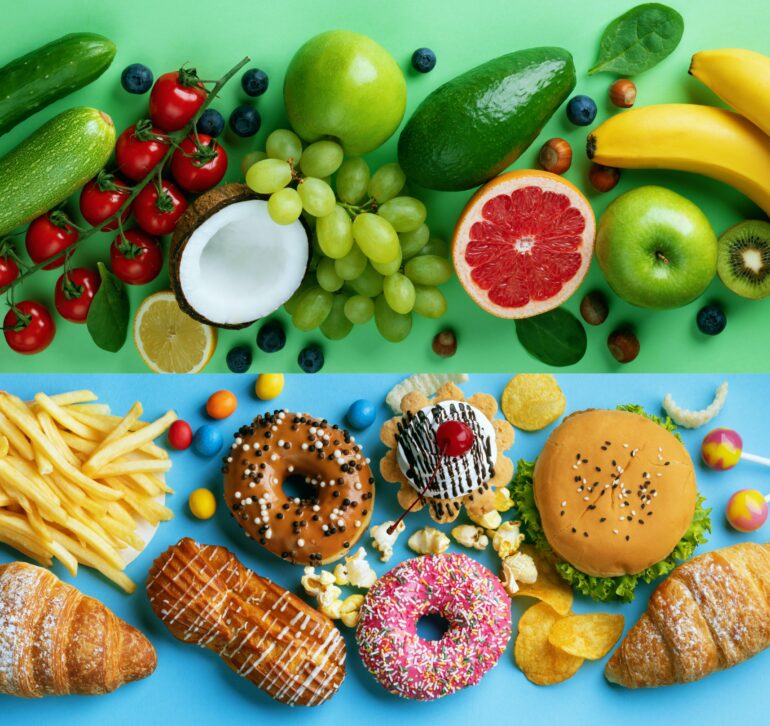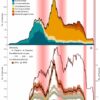A calorie is a calorie is a calorie, at least from a thermodynamic standpoint. It’s defined as the amount of energy needed to raise the temperature of 1 kilogram of water by 1 degree Celsius (2.2 pounds by 1.8 degrees Fahrenheit).
But when it comes to health and your body’s energy balance, not all calories are equal.
For example, some studies have reported that diets that are high-protein, low-carbohydrate or a combination of the two do yield greater weight loss than diets with other levels of fat, protein and carbs.
If every calorie in food were the same, you wouldn’t expect to see weight-loss differences among people who eat the same number of calories that are doled out in different types of food.
Dietitians like me know there are many factors that influence what a calorie means for your body. Here’s what we understand about calories and nutrition so far.
Energy actually available to your body
In the late 1800s, chemist W.O. Atwater and his colleagues devised a system to figure out how much energy – that is, how many calories – various foods contain. Basically, he burned up food samples and recorded how much energy they released in the form of heat.
Not every bit of energy in food that can combust in the lab is actually available to your body, though. What scientists call metabolizable energy is the difference between the total energy of the food consumed and the energy that passes out of your body, undigested, in feces and urine. For each of the three macronutrients – proteins, carbohydrates and fats – Atwood devised a percentage of the calories they contained that would actually be metabolizable.
According to the Atwater system, one gram of each macronutrient is estimated to provide a certain number of calories. The U.S. Department of Agriculture still uses these calculations today to come up with an official calorie number for every food.
How much energy you use
What you eat can affect what scientists call your body’s energy expenditure. That’s how much energy it takes to keep you alive – energy you use breathing, digesting, keeping your blood flowing and so on – along with what you exert moving your body. You might have heard this referred to as metabolism.
Diet quality can alter the body’s energy expenditure, which is also called the thermic effect of food. For example, in one study, people eating the same number of calories per day but on either a low-carbohydrate diet or a low-fat diet had differences in total energy expenditure of about 300 calories per day. Those eating very low-carb diets used the most energy, while those eating low-fat diets used the least.
In another study, high-fat diets led to lower total energy expenditure than high-carb diets did. Other researchers reported that although substituting carbs for fat did not alter energy expenditure, people who increased their protein intake to 30%-35% of their diet used more energy.
In general, diets high in carbohydrates, fat or…



